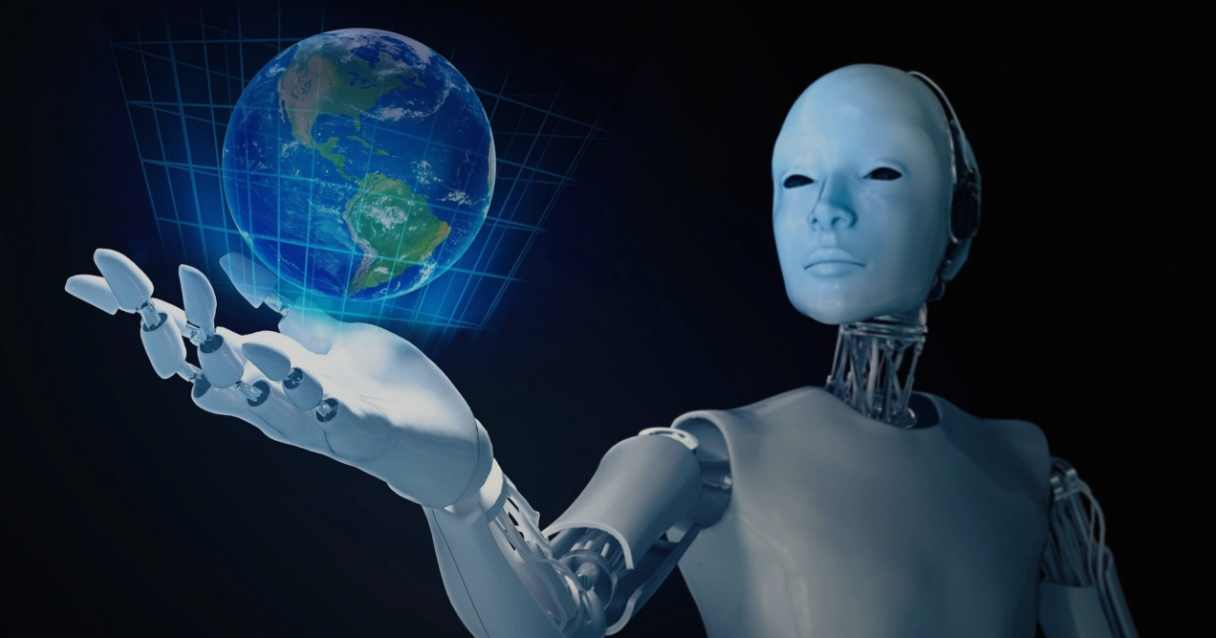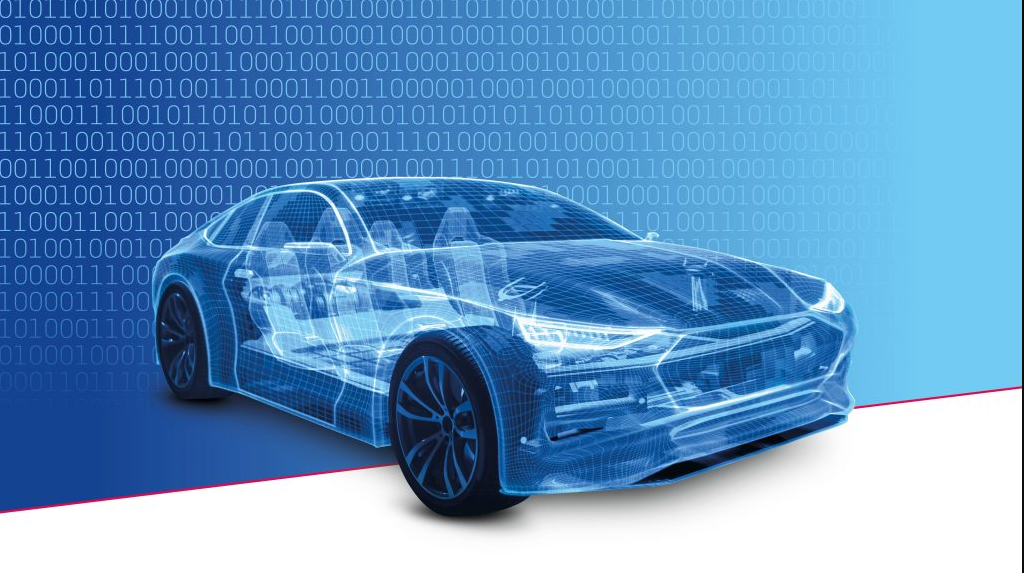The Rise of Quantum Computing: A Game-Changer in Tech Innovation
The arrival of quantum computing has the potential to transform technology and innovation in ways unimaginable before. Classical computers rely on bits to process information as either 0 or 1, but not quantum computers. Quantum computers use qubits or quantum bits, which can exist in multiple states at the same time due to quantum principles. This inherent parallelism enables quantum computers to solve complex problems astronomically faster than classical machines across a broad variety of fields, including cryptography and drug discovery as well optimization and artificial intelligence. Cryptography and cybersecurity may be one of the most exciting areas for quantum applications.
Traditional cryptographic methods, for instance, rely on the difficulty of factoring large prime numbers or solving discrete logarithm problems. Techniques like the RSA and ECC algorithms are widely used to secure sensitive information and communications. However, using Shor’s algorithm quantum computers could break these cryptographic schemes effectively. This poses a real threat to current cybersecurity protocols. Consequently researchers are actively developing cryptographic solutions that are resistant to quantum attacks so as to protect data in the post-quantum computing era. Quantum computing holds out great promise for speeding up research in the fields of science and simulation.
Classical computers are simply unable to carry out many complex calculations that quantum computers can, let alone perform them quickly. More importantly, quantum computers will facilitate the more accurate simulation of quantum systems than has previously been possible and thus contribute to breakthroughs in materials science. For instance, quantum simulations might change the way that new materials are designed for energy storage greatly and speed up drug discovery processes by forecasting molecular interactions more efficiently. Then again, they could help deepen our understanding of certain fundamental physical phenomena.
In addition, Quantum computing offers the promise of redefining traditional optimization problems. When it comes to logistics, finance, manufacturing and many other industries, Grover’s algorithm and quantum annealing are examples of quantum algorithms that can solve optimization tasks with far greater efficiency than conventional times. These developments will lead not just to more efficient global industries, but also yield substantial cost savings, improvedprocesses and decision making.
Quantum computing is not just good for cryptography and cybersecurity, though. Algorithms based on quantum machine learning promise to provide a gentle push in areas such as pattern recognition, data clustering and predictive model formation by employing quantum parallelism and entanglement. Quantum-enhanced Artifical Intelligence might bring about such outcomes as personalized mediine or financial predictions. In natural language processing and related tasks, people could learn things heretofore unknown using traditional methods of machine learning.
But despite the potentially earth-shattering impact that quantum computing could have, it still has to overcome a series off hurdles. These include the production of error-corrected qubits to counter quantum decoherence and noise, the scaling problem of quantum systems, and integration quantum algorithms into current computer work flows.
On the whole, quantum computing is nothing short of a technological revolution that offers as yet unimagined benefits across the range of human existence in an interconnected, crowded world—with applications for everyone from breaking cryptography and cyber security challenges to completing scientific research programs successfully with happy results on every level. New kinds of optimization problems tailored to complex systems are being achieved by quantum computing, while it also promises an advance whose eventual shape is not yet known Artificial Intelligence.
Meanwhile untold opportunities abound as quantum computing research and development go on apace.










